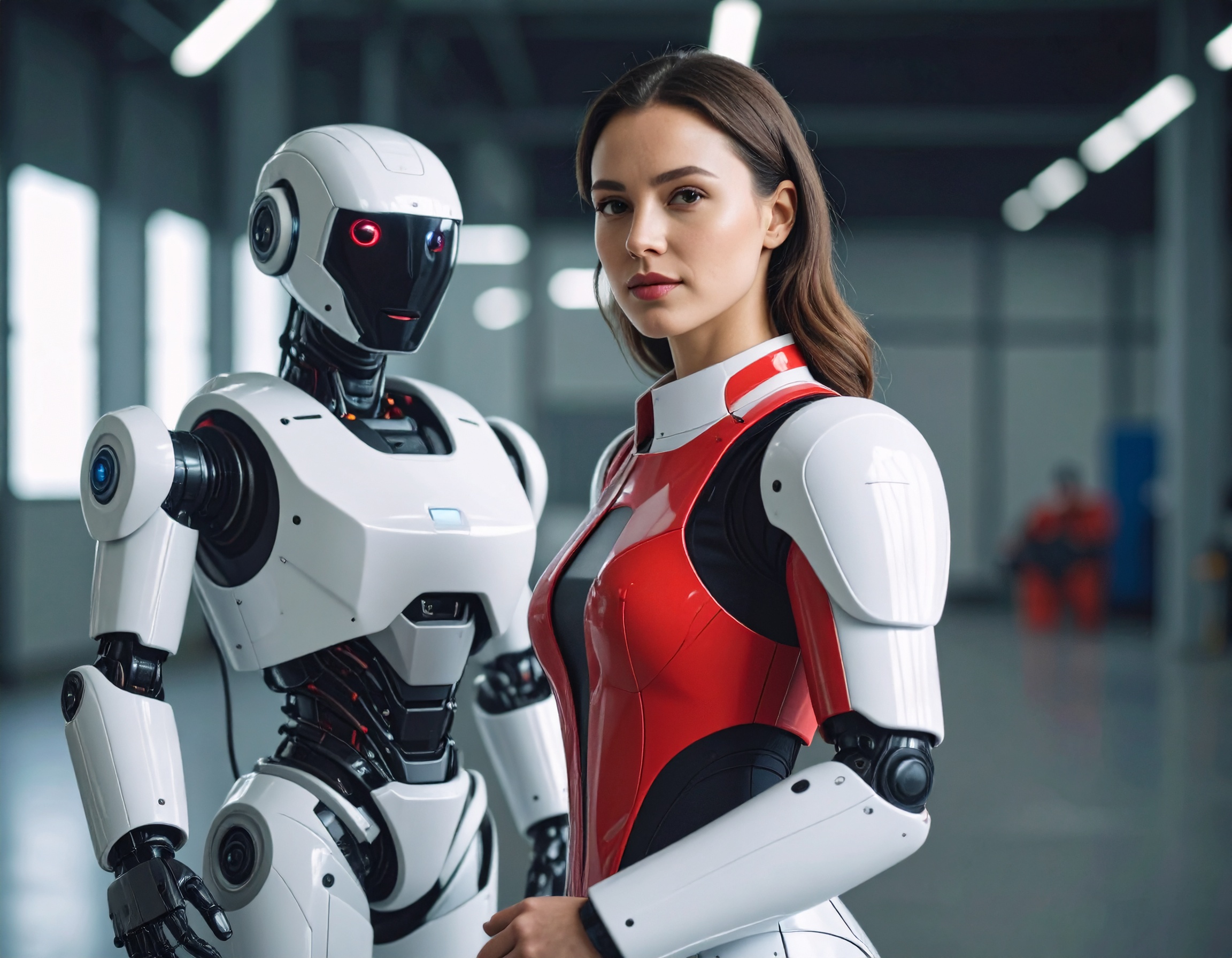Revolutionizing Home Robotics: MIT’s RialTo Bridges Real and Simulated Worlds

In a groundbreaking development for home automation, MIT's Computer Science and Artificial Intelligence Laboratory (CSAIL) has unveiled RialTo, a cutting-edge approach to training robots using "digital twins." Announced on July 31, 2024, this innovative method allows robots to be trained in simulated versions of scanned home environments, significantly speeding up the learning process and making customized home automation more accessible. By creating a digital replica of real-world spaces using a smartphone, RialTo enables robots to learn and adapt much faster than traditional methods.
The core of RialTo’s innovation lies in its ability to use simulated environments for training, which reduces the need for extensive real-world data collection. Researchers have utilized advanced computer vision techniques to capture and reconstruct home environments, allowing robots to practice and refine their tasks in a virtual setting before applying their skills in the real world. This "real-to-sim-to-real" approach helps robots perform well under various conditions, including disturbances and distractions, by leveraging a few initial real-world demonstrations. This process not only accelerates training but also enhances the robot's adaptability to specific tasks and environments.
The impact of RialTo has been substantial, with tests showing a 67% improvement over traditional imitation learning methods. The system has excelled in performing everyday tasks such as opening a toaster or placing items on shelves, even in the presence of random object placements and visual distractions. However, the current training process takes about three days, and there are ongoing efforts to optimize algorithms and use foundation models to further speed up training and improve adaptability.
Looking ahead, the researchers are focused on enhancing RialTo's robustness and generalization capabilities. They aim to minimize the need for human input and enable robots to autonomously scan and learn new environments. This advancement could potentially revolutionize home robotics by allowing machines to rapidly learn and adapt to new tasks without extensive pre-programming, moving closer to the goal of efficient and versatile home automation.
Key Highlights:
- Introduction of RialTo: Announced on July 31, 2024, RialTo is a new approach for training home robots using digital twins, or simulated replicas of real-world environments.
- Training Method: RialTo uses a smartphone to capture a home’s environment, creating a detailed digital model. Robots then train in this simulated environment, allowing for faster and more efficient learning compared to real-world training.
- Performance Improvement: The system showed a 67% improvement over traditional imitation learning methods. It effectively handles tasks like opening toasters and placing items on shelves under various conditions, including distractions and object pose changes.
- Advantages: RialTo significantly speeds up training time and enhances robot adaptability to specific tasks and environments. It reduces the need for extensive real-world data collection.
- Current Limitations: Training takes about three days, and there are challenges in simulating deformable objects and liquids. Efforts are underway to optimize algorithms and accelerate the learning process.
- Future Goals: Researchers aim to improve the system's robustness and adaptability, minimizing human input and enabling robots to autonomously scan and learn new environments.
Reference:
https://news.mit.edu/2024/precision-home-robotics-real-sim-real-0731


